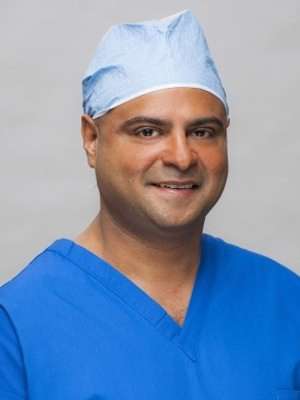The guidelines provided by the New York State Workers Compensation Board offer fundamental principles for intrathecal drug delivery, commonly known as pain pumps for non-acute pain. These directives aim to assist healthcare professionals in the appropriate application of pain pump systems within the scope of comprehensive care.
Healthcare professionals with expertise in administering intrathecal drug delivery can rely on the guidance outlined by the Workers Compensation Board to make well-informed decisions about the most suitable use of these systems for their patients.
It is important to emphasize that these principles are not intended to replace clinical judgment or professional expertise. The utilization of intrathecal drug delivery systems should involve collaboration between the healthcare provider and the patient, considering individual factors such as pain management goals, suitability for the procedure, and potential risks associated with the therapy.
Intrathecal Drug Delivery (Pain Pumps):
- Intrathecal drug delivery (Pain Pumps) is not among the pre-authorized procedures.
- Providers intending to perform this procedure must seek pre-authorization from the carrier beforehand.
- Pre-authorization requires evaluation and recommendation by at least one physician certified in chronic pain management, in consultation with the primary treating physician.
- The procedure itself must be conducted by a physician who has documented experience in performing it.
Indications:
- Clinical studies offer conflicting evidence regarding long-term effective pain relief for non-malignant pain patients. Due to the complication rate associated with long-term use, it is only considered in very rare circumstances.
- Intrathecal pump usage may be contemplated as a last resort treatment in conditions such as:
- Severe, chronic, and intractable pain resistant to all conservative treatment options in conditions including, but not limited to:
- Failed back surgery syndrome
- Chronic arachnoiditis
- Visceral pain syndromes
- Complex regional pain syndrome
- Phantom limb pain
- Peripheral neuropathies
- Spinal cord injuries
- Severe spasticity of cerebral or spinal cord origin in patients unresponsive to or intolerant of oral baclofen therapy.
- Severe, chronic, and intractable pain resistant to all conservative treatment options in conditions including, but not limited to:
- The small subgroup of eligible patients must meet all the following criteria:
- Diagnosis of a specific physical condition causing chronic pain based on objective findings.
- Exhaustion of all reasonable surgical and non-surgical treatment options, including failure of conservative therapy such as active and/or passive therapy, medication management, or therapeutic injections.
- No practical issues that may hinder device placement, maintenance, or assessment.
- Completion of pre-trial psychiatric or psychological evaluation, demonstrating:
- Absence of primary psychiatric risk factors.
- Motivation and adherence to prescribed treatments.
- Absence of current addictive behavior (tolerance and dependence to opioid analgesics are not considered addictive behaviors and do not preclude implantation).
- It is recommended that patients be offered treatment at a functional restoration program before considering a pain pump trial if available.
- All evaluation criteria must be met successfully before scheduling a screening trial.
Pain Pump Screening Trial:
- A successful trial of continuous infusion by a percutaneous spinal infusion pump for a minimum of 24 hours or an outpatient bolus trial is necessary to assess effectiveness and ensure absence of side effects.
- A screening test is deemed successful if the patient:
- Experiences a 50% decrease in pain, confirmed by VAS.
- Demonstrates objective functional gains or decreased use of pain medications, with evaluations and documentation conducted before and upon discontinuation of the trial.
Pain Pump Implantation:
- If the screening trial is successful, the treating physician must request pre-authorization from the carrier to implant a permanent pain pump.




